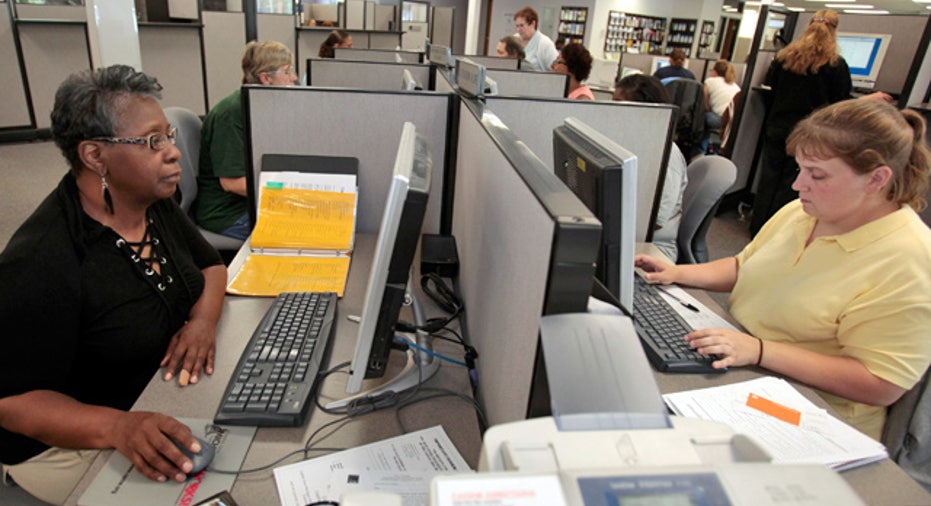Tech Products Every Startup Needs

Technology is evolving by the minute, and companies are constantly upgrading their products, making it hard for small businesses with limited funds to navigate the tech scene. So how can entrepreneurs know what products will make for smart investments, and what gadgets and programs will be obsolete before getting their money’s worth?
Ross Rubin, executive director of Industry Analysis, Consumer Technology at The NPD Group in New York City, said the first thing business owners should consider is what type of business they are aiming to become. If the business will run primarily from home, instead of on the go, different types of technology will be necessary to get started on the right track.
No matter what a business’ location or focus, Rubin identifies three items that will undoubtedly be money well spent: a computer, a smartphone and an all-in-one printer. These three items will run a business owner around $1,000 to start, not including a monthly data plan fee for smartphones.
“What you purchase depends on so many factors,” he said. “But regardless of a lot of those decisions, these are three things that every small business needs; even small proprietors.”
Printer technology rarely changes, he said, so the only added expense will be replacing ink and toner cartridges. Smartphones, although they are constantly upgrading, are beginning to have interchangeable operating systems like the Apple IOS (NASDAQ:AAPL) or Android (NASDAQ:GOOG), that allow users to keep their app purchases when upgrading to a new phone. As for PCs, Rubin said purchasing a fast computer with a powerful processor and abundant RAM, will keep it working for several years, until the next major operating system upgrade.
Wireless technology is another area of smart investment for small business owners, according to Samara Lynn, lead analyst of Business and Networking at PC Magazine. The wireless sector will see major innovations over the course of 2011 Lynn explained, so investing in back-end servers, switches and cabling are a waste of time and money for startups.
“It’s not just signal strength,” she said of the improvements in wireless technology. “I tested a wireless router that has great bandwidth, and there are wireless extenders for coverage if you are in a warehouse or small business office. You can put an extender in for under $150.”
On-premise storage is slowly becoming obsolete, Lynn said, and many vendors offer subscription-based programs on the cloud for data storage. Other companies, like Egnyte, offer a hybrid storage solution that allows businesses to store data in the office as well as in the cloud model. While there is not a one-size-fits-all approach to investing in new technology, Lynn said many small businesses can find cloud subscriptions for e-mail and data in the $50 per month price range, which she considers money well spent.
There are several programs that Lynn labeled must-haves, even for startups. If your business has sales people, Lynn suggests using Salesforce.com and Microsoft Dynamics CRM to keep track of goals and deals. She also suggested 8x8 Virtual Office Pro, which gives users e-mail, direct dialing access and essentially takes the place of a receptionist by having all phone systems in the cloud.
While tablets seem to be all the rage right now, Rubin advised they might not be the best choice for small businesses, saying they can’t substitute for a notebook or laptop.
“If you are doing a lot of document creation, the tools are just far more mature and capable, and the mode of working lends itself better to productivity than an iPad today,” he said. “But it is a great product to have for conceptual drawings, mind mapping and brainstorming.”
Small business owners should also steer clear of purchasing high-end desktops, Lynn said, when so much can be done on netbooks, laptops, and even smartphones today.
“I don’t think a small business needs a desktop with a lot of bells and whistles,” she said. “They don’t need to waste money and buy 100 desktops right away.”
Also, Lynn said that while bringing in a tech consultant may be appealing to small business owners, when getting started it’s just not worth it.
“It’s a waste of money,” she said. “There are so many online resources. If you are in a larger space then eventually you may need someone to come in and look at the space. But right away, for a start up, no.”
The Web is a consultant in itself, Rubin said, with so much information available to prospective buyers. Researching online, everywhere from forums to Twitter feeds can help small business owners make informed decisions before investing in products for their startup.
“There is a lot of information out there to inform decisions about specific models, and what a customers’ experience has been with them,” he said. “Sometimes that makes it more difficult to weigh the latest and greatest, but if it is a fairly mainstream product, it shouldn’t be too long before there is information out there on it.”



















